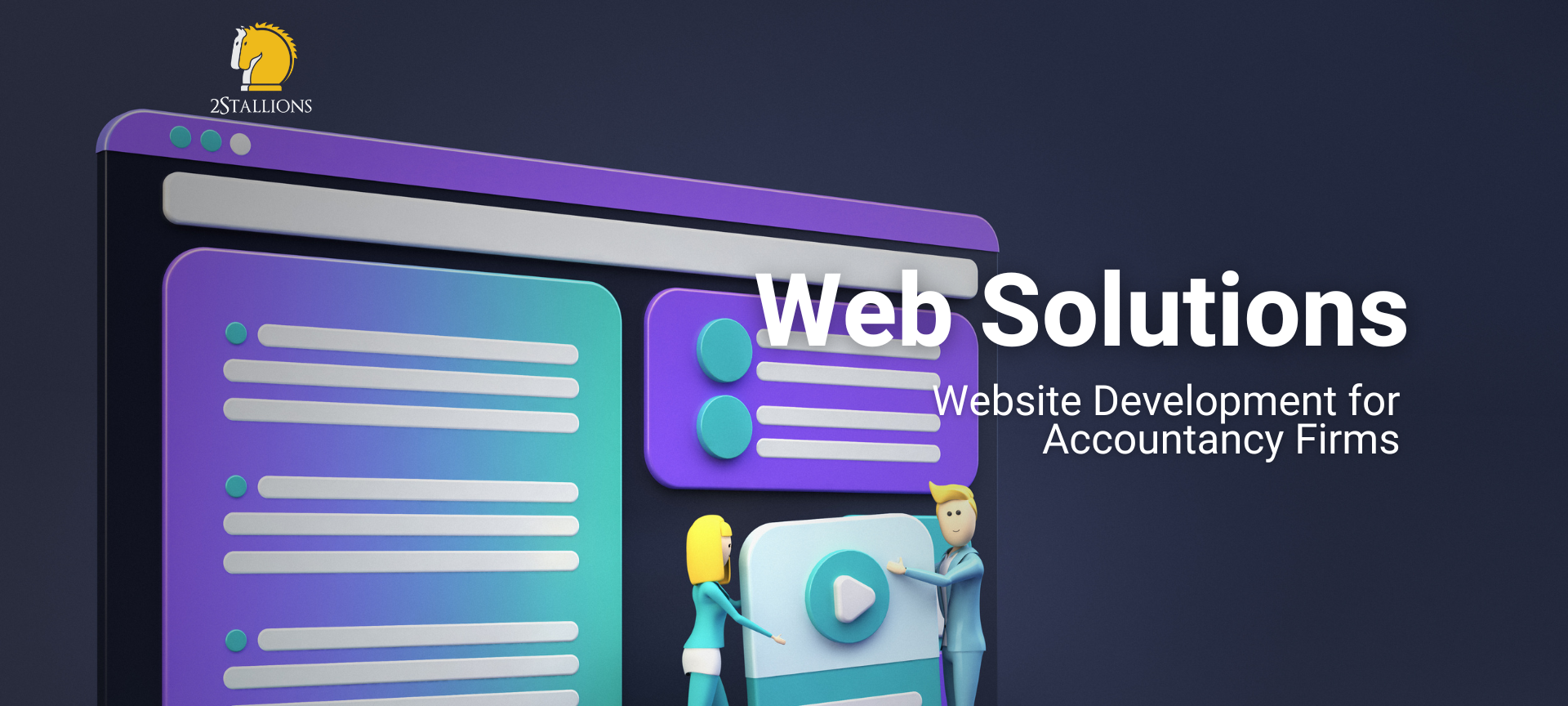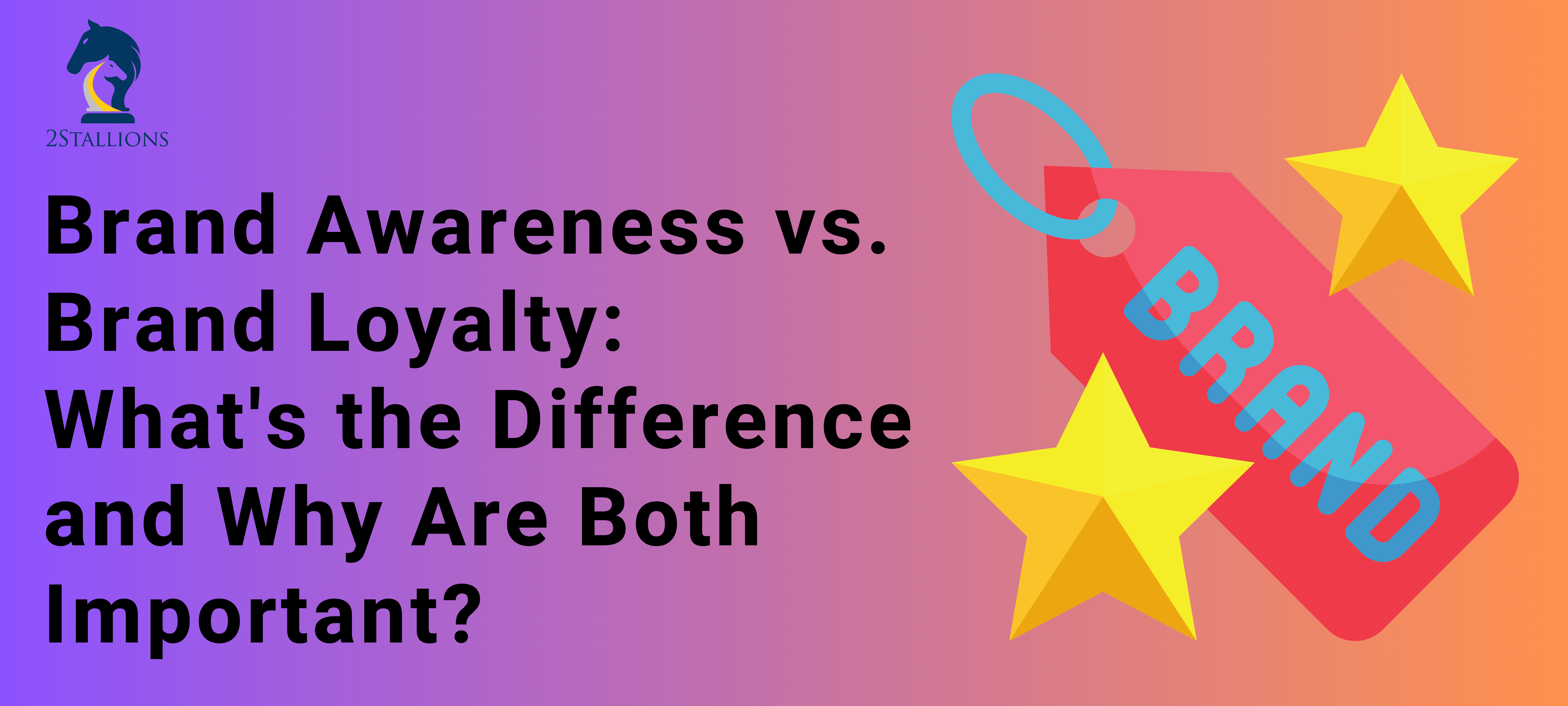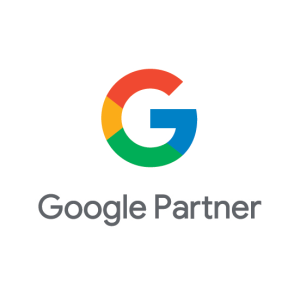SHARE

Pay-per-click (PPC) advertising is a powerful tool for businesses to drive website traffic and generate leads. However, many marketers often fall into common pitfalls that hinder the success of their PPC campaigns.
In this article, we will explore the basics of PPC advertising and delve into the seven most common mistakes to avoid. By understanding and addressing these issues, you can optimise your PPC strategies and achieve better results for your business.
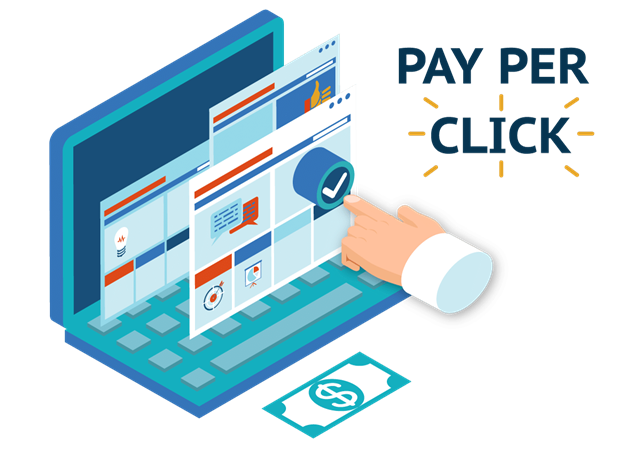 Understanding the Basics of PPC Advertising
Understanding the Basics of PPC Advertising
Pay-per-click (PPC) advertising, or paid search advertising, is a digital marketing model in which advertisers pay a fee each time their ad is clicked. It efficiently attracts targeted traffic to a website by bidding on relevant keywords and displaying ads on search engine results pages (SERPs) or other online platforms.
What is PPC Advertising?
PPC advertising is a powerful tool allowing businesses to effectively reach their target audience. Advertisers can ensure that their ads appear prominently on search engine results pages by strategically bidding on keywords related to their products or services.
When a user searches for a specific keyword, search engines like Google display a list of relevant ads at the top of the page. These ads are marked as “sponsored” or “ad” to differentiate them from organic search results. Advertisers only pay when a user clicks on their ad, hence the name “pay-per-click.”
PPC advertising platforms, such as Google Ads and Bing Ads, provide advertisers with a range of targeting options to ensure their ads are shown to the right audience. Advertisers can target specific demographics, locations, and even set specific times of the day for their ads to appear. This level of control allows businesses to tailor their campaigns to reach their ideal customers.
The Importance of PPC Advertising for Businesses
PPC advertising offers several benefits for businesses. Firstly, it allows you to reach a wider audience and increase brand visibility. By appearing at the top of search results, you can capture the attention of potential customers who are actively searching for products or services related to your industry.
Imagine you own a bakery and want to promote your new range of cupcakes. With PPC advertising, you can bid on keywords like “cupcakes near me” or “best cupcakes in town” to ensure that your bakery appears at the top of the search results when someone is looking for cupcakes in your area. This increased visibility can drive more traffic to your website and ultimately lead to more sales.
Secondly, PPC advertising provides instant results. Unlike organic search results, which may take time to climb up the rankings, PPC ads offer immediate visibility. This is especially valuable for new businesses or those launching new products, as it enables them to quickly generate traffic and leads.
For example, if you are a startup offering a unique product, PPC advertising can help you create awareness and generate interest from potential customers right from the start. By targeting specific keywords and demographics, you can ensure that your ads are seen by the right people, resulting in immediate traffic to your website.
Lastly, PPC advertising provides a higher level of control and flexibility. You can set daily budgets, target specific demographics or locations, and test different ad copy variations to refine your campaigns. This allows you to optimise your ad spend and achieve better return on investment (ROI).
Let’s say you run an online clothing store and want to promote a sale on your summer collection. With PPC advertising, you can set a daily budget to control your spending and target specific locations where your target audience is likely to be. Additionally, you can test different ad copy variations to see which ones resonate the most with your audience, allowing you to refine your campaign and maximise your ROI.
PPC advertising is a valuable digital marketing strategy that can help businesses reach their target audience, increase brand visibility, and generate immediate results. By leveraging the power of relevant keywords and strategic bidding, businesses can drive targeted traffic to their websites and achieve their marketing goals.
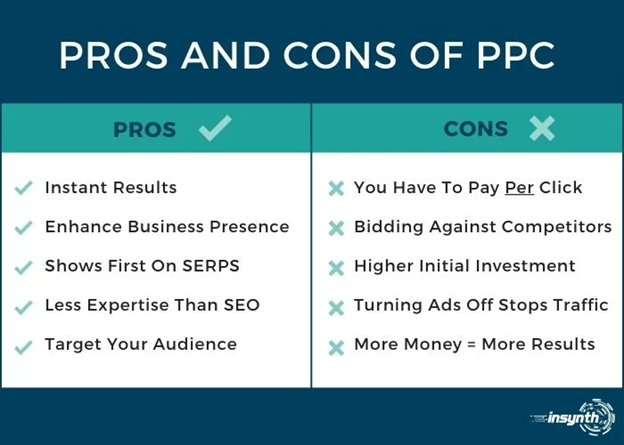 The Pitfalls of PPC Advertising
The Pitfalls of PPC Advertising
While PPC advertising offers numerous benefits, it is essential to avoid common mistakes that can undermine the success of your campaigns. Let’s explore the seven most common mistakes to steer clear of:
Why Mistakes Happen in PPC Advertising
Before we dive into the specific mistakes, it’s important to understand why they occur in the first place. PPC advertising requires a deep understanding of your target audience, meticulous keyword research, and ongoing campaign optimisation. Failure to dedicate enough time and resources to these areas often leads to mistakes that can limit the effectiveness of your campaigns.
One of the most common mistakes in PPC advertising is the lack of proper keyword research. Without a thorough understanding of the keywords that your target audience is using, your ads may not reach the right people. It is crucial to conduct comprehensive keyword research to identify the most relevant and high-performing keywords for your campaigns.
Another mistake to avoid is neglecting to optimise your landing pages. A well-designed and user-friendly landing page can significantly impact the success of your PPC campaigns. Ensuring that your landing pages are optimised for conversions can increase the chances of turning clicks into valuable leads or sales.
Furthermore, failing to monitor and analyse your campaign performance regularly can be detrimental to your PPC efforts. Without tracking key metrics and analysing the data, you may miss out on valuable insights that can help you optimise your campaigns for better results. It is crucial to regularly review your campaign performance and make data-driven adjustments to maximise your return on investment.
One common mistake that many advertisers make is not setting clear goals and objectives for their PPC campaigns. Without a clear direction, measuring success and making informed decisions becomes challenging. Setting specific and measurable goals can help you stay focused and ensure your PPC campaigns align with your marketing objectives.
In addition, overlooking the importance of ad testing can hinder the effectiveness of your PPC campaigns. A/B testing different ad variations can help you identify which elements resonate best with your target audience and drive higher click-through rates. You can improve their performance and achieve better results by continuously testing and optimising your ads.
Another mistake to avoid is neglecting to monitor your competitors’ strategies and industry trends. Keeping an eye on what your competitors are doing can provide valuable insights and inspiration for your own PPC campaigns. Additionally, staying up-to-date with the latest industry trends can help you adapt your strategies and stay ahead of the competition.
Lastly, failing to allocate an appropriate budget for your PPC campaigns can limit their effectiveness. It is essential to allocate sufficient funds to reach your target audience effectively and compete in the competitive PPC landscape. By carefully planning and budgeting your campaigns, you can ensure that you have the necessary resources to achieve your desired results.
Avoiding these common mistakes in PPC advertising can significantly enhance the success of your campaigns. By dedicating time and resources to proper keyword research, optimising landing pages, monitoring campaign performance, setting clear goals, conducting ad testing, staying informed about competitors and industry trends, and allocating an appropriate budget, you can maximise the effectiveness of your PPC efforts and achieve your marketing objectives.
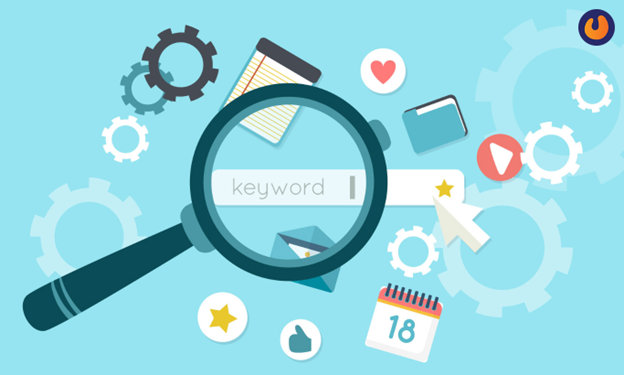 Mistake 1: Ignoring Keyword Research
Mistake 1: Ignoring Keyword Research
The Role of Keywords in PPC Advertising
Keywords form the backbone of PPC advertising. They determine when and where your ads appear, ensuring they reach the right audience. Ignoring keyword research can result in wasted ad spend and poor campaign performance. To avoid this mistake, invest time in comprehensive keyword research to discover relevant keywords with high search volume and low competition.
Mistake 2: Neglecting Ad Copy
Crafting Compelling Ad Copy
Ad copy is your opportunity to grab the attention of potential customers and entice them to click on your ad. Neglecting ad copy and using generic or unappealing language can lead to low click-through rates (CTRs) and poor conversion rates. To create compelling ad copy, focus on highlighting the unique selling points of your products or services, using clear and concise language, and incorporating persuasive CTAs to encourage clicks.
Mistake 3: Overlooking Landing Page Optimisation
The Significance of Landing Page Optimisation
Your PPC ads may be driving traffic to your website, but if your landing pages are not optimised for conversions, you risk losing potential customers. A poorly designed or slow-loading landing page can deter visitors and result in wasted ad spend. Optimise your landing pages by ensuring a seamless user experience, aligning the landing page content with the ad copy, and incorporating strong and relevant CTAs.
Mistake 4: Not Setting a Clear Budget
The Impact of Budgeting on PPC Advertising
A lack of clear budgeting can lead to overspending or underperforming PPC campaigns. Without proper budget allocation, you may exhaust your funds too quickly or miss out on potential opportunities. Establish a realistic budget and continuously monitor and adjust your spending based on campaign performance to maximise your ROI.
Mistake 5: Failing to Track Conversions
The Importance of Conversion Tracking
Without proper conversion tracking, it becomes challenging to measure your PPC campaigns’ success and identify improvement areas. Failing to track conversions can result in inefficient resource allocation and missed optimisation opportunities. Utilise tracking tools and set conversion goals to gain insights into which keywords, ads, and landing pages generate the best results.
Conclusion
PPC advertising is a valuable tool for businesses to drive targeted traffic to their websites and achieve their marketing goals. However, avoiding common mistakes is crucial to maximise the effectiveness of your campaigns. By understanding the basics of PPC advertising, recognising and addressing the pitfalls, and incorporating best practices, you can optimise your campaigns and achieve better results. Invest time in thorough keyword research, craft compelling ad copy, optimise your landing pages, establish a clear budget, and track conversions to unlock the full potential of PPC advertising.
Frequently Asked Questions About PPC Advertising
What is PPC Advertising?
PPC or pay-per-click is a type of internet marketing that involves advertisers paying a fee each time one of their ads is clicked. You only pay for advertising if your ad is clicked on. It’s essentially a method of ‘buying’ visits to your site and driving website visits organically.
5 Best PPC Advertising Examples
- Converse “Domination”
- Snickers – You’re Not You When You’re Hungry
- Kleenex Catches Colds
- A Lesson in How to Get Your Dream Job by Using Paid Search
- The Infamous BP Oil Spill
Is PPC Advertising Effective?
PPC advertising is extremely cost-effective. You only pay when people actually click on your ads. Platforms like Google Ads and Meta offer super-granular targeting options, enabling you to hone in on and reach your ideal customer. With PPC ads, you can sidestep the natural SEO ranking process.
What is the Difference Between PPC and Ads?
PPC is essentially a company’s advertisements in search results or on another website to generate more traffic back to the advertiser’s site. Paid advertising is a model that targets consumers online using different formats, like a social ad or search ad, based on the consumers’ interests or intent.
Does PPC Make Money?
Yes, you can generate revenue from PPC advertising in two ways: by putting ads on your content or by running paid ad campaigns for your affiliate networks on Google. People who wish to run ad campaigns use Google Adwords, whereas content creators who want to display paid ads on their pages use Google Adsense.


